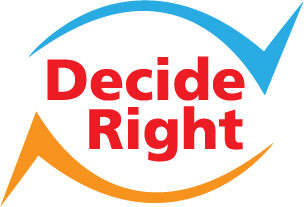The achievements of a child w/SEND are closely related to a quality education that requires good documentation, assessment and follow-up throughout the educational life from the beginning of early childhood. To improve the quality of education, teachers should be able to make effective decisions about the individualized plans (IEPs) of the students with the standards & criteria set in the light of well-designed data collection and documentation. It is important that children with IDs should have the followed and recorded history of education. Because it is critical to develop transition plans for adulthood, which will include career choice, education & other related topics. Starting the child’s educational records from early childhood will make it easier taking decisions about the following years in a more healthy way.
In Turkey, special education procedure starts educational appraisal & educational placement decision completed by Guidance and Research Centers (RAMs) of Ministry of National Education (MEB). RAMs only record students’ current performance on annual evaluations. It is based on a single interview within the appointment system. In addition, the evaluation criteria used by RAMs may also have problems reflecting the child’s age, character traits & environmental factors. Educators involved in the education process of children with IDs in early childhood period centers, primary and secondary schools and special education and rehabilitation centers (target group) are obliged to carry out their education based on the IEPs of those children.
However, the documentation approach of these schools and centers is a problem. Teachers are having problems completing these tasks and cannot use data driven decision-making approaches based on certain standards and criteria about the IEPs of children with IDs. In this sense, data gathering and documentation functions cannot be performed regarding the factors that affect students’ performance positively or negatively.
This project aims to meet those problems through developing an ICT based documentation & performance assessment tool for educators to measure teaching and learning processes and achievements from early childhood to the end of the first 8 years of schooling focusing on children with IDs. This will provide an opportunity for the educators to take data driven decisions about children’s IEPs based on specific standards and criteria through real-time recordings in the classroom. This system will provide a performance testimony for these children for their further education. This project also aims to design a training program for teachers to improve their competencies on student evaluation and documentation and to develop an self-learning environment for teachers.
Our partnership reinforces transnational & intersectoral collaboration and holds the whole range of the competencies required to implement such a project. Collaboration of academia, civil society, public and private sector reflects the views of different sectors and countries to the outputs and is in full compliance with the project objectives. Three transnational meetings, two joint staff trainings, and four multiplier events will ensure the dissemination project result.
